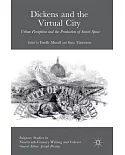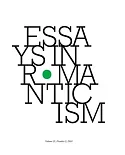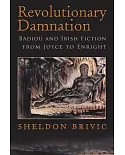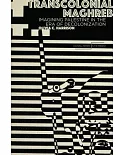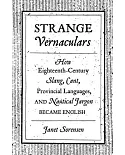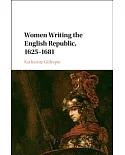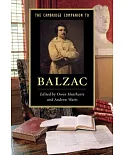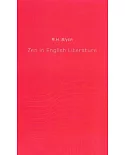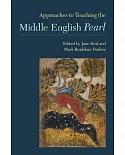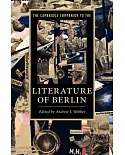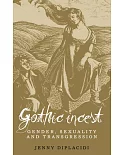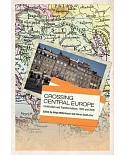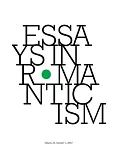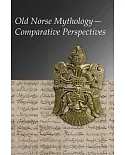This pioneering study shows for the first time the extent and diversity of the impact of Nietzsehean ideas on Soviet literature and culture. Highlighting the issue of buried influence, the book
examines the hitherto ignored Nietzsehean roots of early Soviet literature, theater and architecture, Soviet political culture, the work of disaffected writers and thinkers and that of
intellectuals of the non-Russian nationalities. It addresses key peculiarities of the Soviet reception of Nietzsche. including the prerevolu-tionary interest in the occult, the intertwining of
art and ideology in the obsession with creating a new culture. and the manner in which censorship affected the dynamic of reception and influence. The book offers a fresh perspective on the
origins, formative years. and subsequent development of Soviet literature and culture, and raises new issues for research and discussion.


